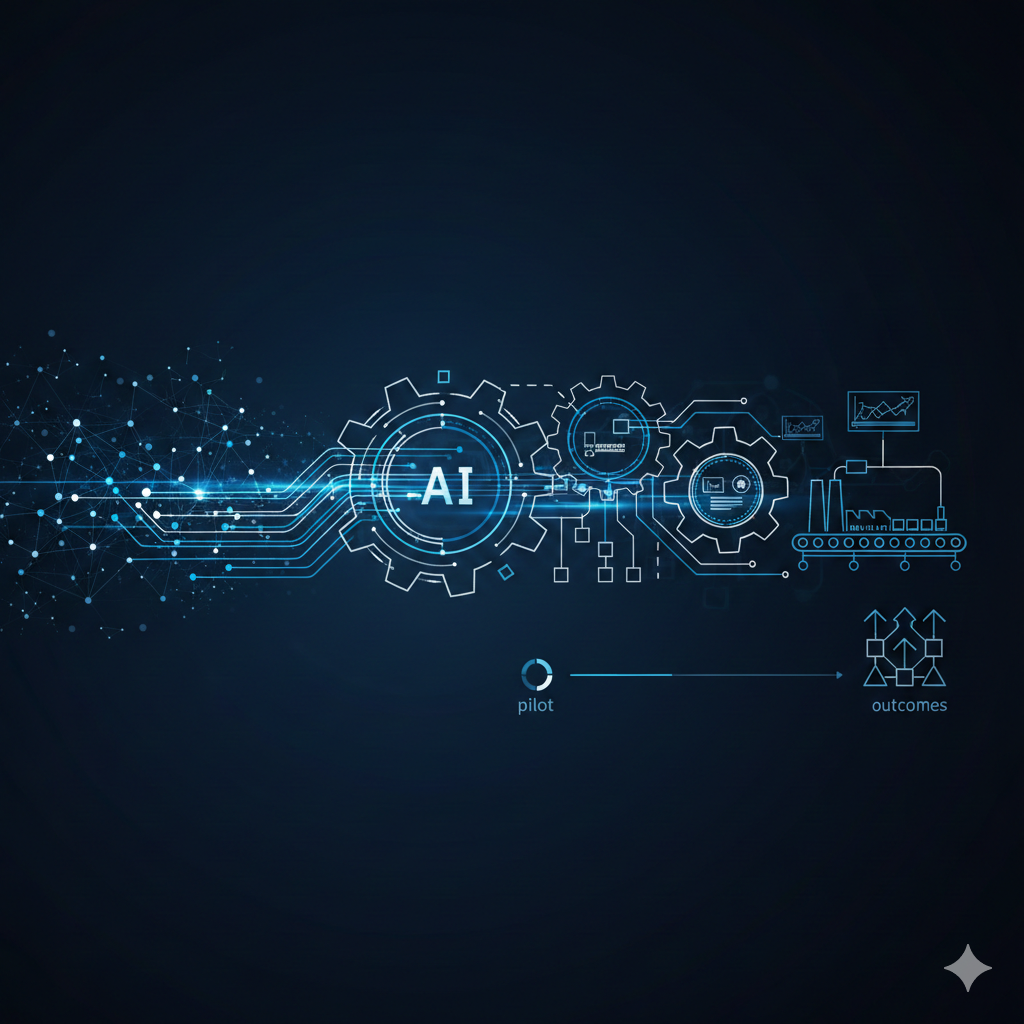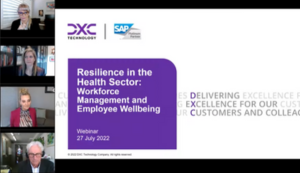SAP Talent Management
What Is SAP Talent Management?
SAP Talent Management products are offered in the SAP SuccessFactors Talent Management suite. The solutions offer capabilities that go beyond traditional core human resources (HR) software, enabling companies to provide more employee-centric HR programs from recruitment to retirement and beyond. SAP Talent Management also encompasses non-HR functions, such as sales performance management.
Talent management has become increasingly important at companies as they have realized the value of employee retention and employee satisfaction. This has encouraged organizations to offer better experiences in key areas such as talent acquisition, onboarding, development planning, training, and goal setting.
The SAP Talent Management modules include:
- SAP SuccessFactors Recruiting
- SAP SuccessFactors Onboarding
- SAP SuccessFactors Performance & Goals
- SAP SuccessFactors Compensation
- SAP SuccessFactors Learning
- SAP SuccessFactors Succession & Development
- Sales Performance Management
- Opportunity Marketplace
Many companies offer SAP Talent Management services that help customers implement SAP SuccessFactors as part of their HR strategy, such as Alight and Deloitte. Other companies offer products that integrate with SAP SuccessFactors to expand on SAP Talent Management capabilities. For example, Phenom provides a Candidate Experience Management solution that can complement SAP SuccessFactors capabilities.
What Is SAP Talent Management?
SAP Talent Management products are offered in the SAP SuccessFactors Talent Management suite. The solutions offer capabilities that go beyond traditional core human resources (HR) software, enabling companies to provide more employee-centric HR programs from recruitment to retirement and beyond. SAP Talent Management also encompasses non-HR functions, such as sales performance management.
Talent management has become increasingly important at companies as they have realized the value of employee retention and employee satisfaction. This has encouraged organizations to offer better experiences in key areas such as talent acquisition, onboarding, development planning, training, and goal setting.
The SAP Talent Management modules include:
- SAP SuccessFactors Recruiting
- SAP SuccessFactors Onboarding
- SAP SuccessFactors Performance & Goals
- SAP SuccessFactors Compensation
- SAP SuccessFactors Learning
- SAP SuccessFactors Succession & Development
- Sales Performance Management
- Opportunity Marketplace
Many companies offer SAP Talent Management services that help customers implement SAP SuccessFactors as part of their HR strategy, such as Alight and Deloitte. Other companies offer products that integrate with SAP SuccessFactors to expand on SAP Talent Management capabilities. For example, Phenom provides a Candidate Experience Management solution that can complement SAP SuccessFactors capabilities.
Key SAP Talent Management Considerations for SAPinsiders
- SAP Talent Management offerings are cloud-based. SAP SuccessFactors made its name in the talent management software-as-a-service (SaaS) space long before it was purchased by SAP in 2012. A decade later, SAP SuccessFactors is SAP’s primary focus for HR software development, with the cloud-based talent management modules getting twice-yearly updates.
- Many on-premise SAP ERP HCM customers also use SAP SuccessFactors talent modules. The SAP SuccessFactors suite is offered in a modular way — which means customers can choose specific functionalities without investing in a full cloud HR suite. On-premise SAP customers have often added on SAP SuccessFactors talent modules such as Performance & Goals or Recruiting to their existing HCM offering as a way to test the cloud HR software waters.
- Companies are increasing focus on a potential employee’s first impression. In our recent HR Technology State of the Market report, recruiting and onboarding solutions were in use or being implemented at just 36% and 29% of respondents’ organizations, respectively; however, they were the top two HR technologies in planning or evaluation mode. This suggests companies are beginning to understand the importance of a first impression when it comes to meeting requirements — particularly in areas such as talent acquisition and retention.














